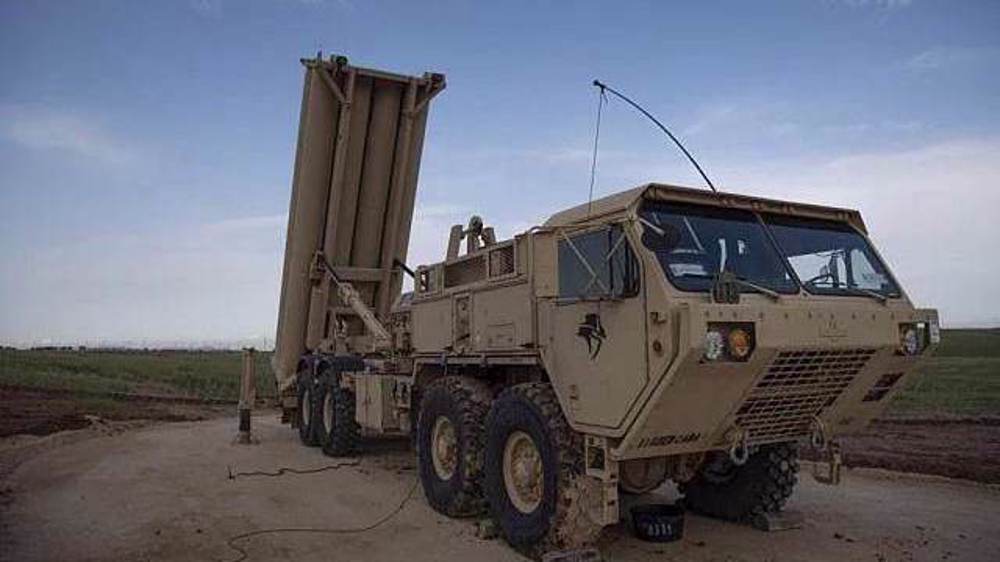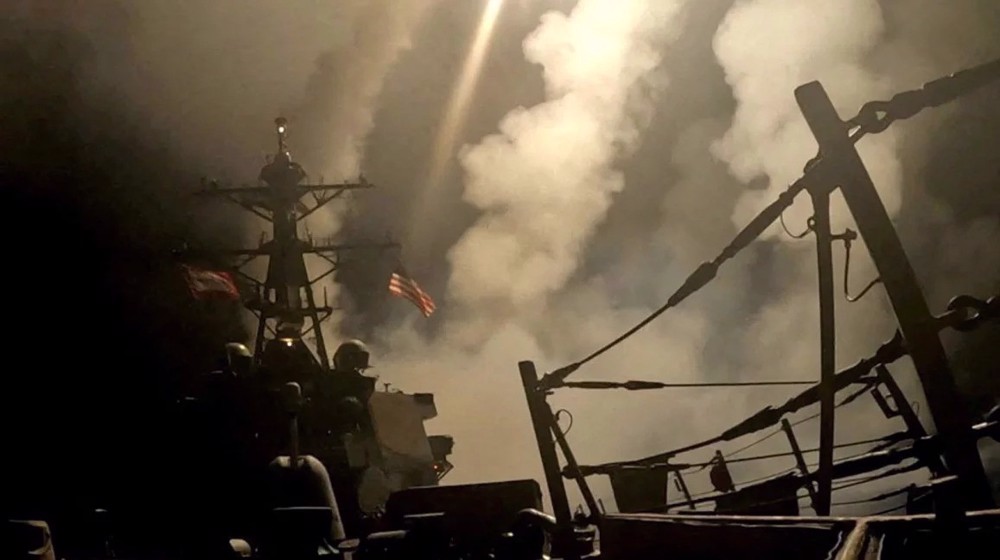US defends sale of cluster bombs to Saudi Arabia
The United States is strongly defending supplies of cluster munitions to Saudi Arabia, which has used the controversial weapon in Yemen, drawing condemnation from campaigners and rights groups.
A Pentagon official told AFP on Sunday that the recipients of US cluster munitions commit that the weapons will only be used against “clearly defined military targets”.
Earlier in the day, Human Rights Watch (HRW) said Saudi forces used US-supplied cluster bombs against against civilians in Yemen.
The rights group said it had evidence that the cluster munitions, which are prohibited by a 2008 treaty adopted by more than 100 countries, were used at least twice in Saada province in Yemen's northern mountains in recent weeks.
"We take all accounts of civilian deaths due to the ongoing hostilities in Yemen very seriously," the Defense Department official said.
"We call upon all sides to comply with international humanitarian law and to take all feasible measures to minimize harm to civilians," the official said, adding that the US was "looking carefully" into the HRW claims.
The notorious weapon is banned by the Convention on Cluster Munitions but the US allows its use and sale.

The Pentagon official pointed to restrictions on the transfers of the cluster bombs.
"In addition, recipients of such transfers must commit that cluster munitions will only be used against clearly defined military targets and will not be used where civilians are known to be present or in areas normally inhabited by civilians," the official added. "This is obviously a critical element of the policy."
Cluster bombs are weapons dropped by aircraft or fired from the ground, and scatter submunitions over a wide area. Campaigners say that many of these submunitions or bomblets fail to blow up during wars, posing a long-lasting threat to civilians, particularly farmers and children.
The Convention on Cluster Munitions has been in force since 2010 that requires signatories to give up the use, production, stockpiling and transfer of the weapons. As of March 2015, 108 states have signed the treaty and 91 have ratified it or acceded to it.

The United States, Israel, and Russia manufacture and stockpile most of the world's cluster munitions. They, along with Saudi Arabia, are among countries which have not signed the treaty. They are negotiating a separate agreement to regulate cluster munitions.
International researchers say the US has transferred hundreds of thousands of cluster munitions, containing tens of millions of bomblets, to 28 countries in the world.
Saudi Arabia launched its air offensive against the Ansarullah fighters of the Houthi movement on March 26, without a United Nations mandate, in a bid to restore power to the country’s fugitive former president, Abd Rabbuh Mansur Hadi, a staunch ally of Riyadh.
The Houthis say Hadi’s government could not properly run the affairs of the country and contain the growing wave of corruption and terror.
On April 21, Riyadh announced the end of the first phase of its unlawful military operation against Yemen and would back a political solution to the conflict, but it resumed the bombing campaign next day.
The United States is providing logistical and intelligence support to Saudi airstrikes in Yemen.
GJH/GJH

US deploys second THAAD battery to Israel as tensions mount: Report

Yemen conducts fresh operation against US warships in Red Sea

US spent $1 billion on Yemen offensive with limited results: Report
Nigerian security agents plan fresh attacks on followers of Sheikh Zakzaky in Abuja: Report
Bill to seize mosques in India gains presidential assent
Over 600,000 children in Gaza at risk of ‘permanent paralysis’: Ministry
VIDEO | US, Europe anti-Trump protests
Yemen accuses US of targeting civilians in Eid airstrike
VIDEO | US bombing campaign fails to deter Yemen
Hamas calls for mass participation in general strike in West Bank
Europe standing on wrong side of history by appeasing Israel: Iran







 This makes it easy to access the Press TV website
This makes it easy to access the Press TV website